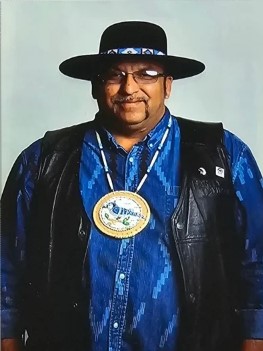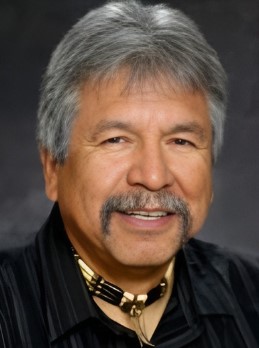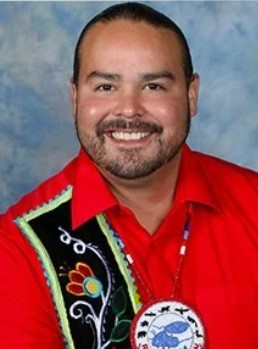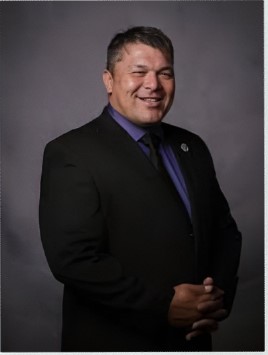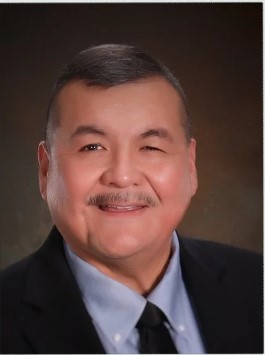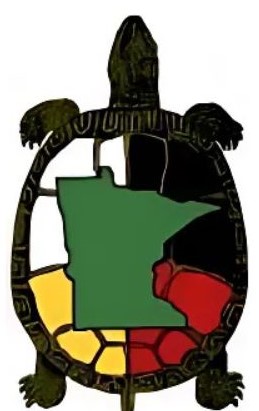Executive Board Members
MIAC's voting members are uniquely appointed directly by each elected tribal president or chair. Although statutes permit the tribal nations to designate any of their members to serve on MIAC, in practice, the tribal chairs most often serve rather than their designees.
Membership and terms have been revised several times. As of 2016, membership includes one member of ten out of eleven federally recognized tribes sharing a boarder with Minnesota (Executive Board Members), as well as: a member of the governor's official staff designated by the governor; the commissioner of education; the commissioner of human services; the commissioner of natural resources; the commissioner of human rights; the commissioner of employment and economic development; the commissioner of corrections; the commissioner of the Minnesota Housing Finance Agency; the commissioner of Iron Range resources and rehabilitation; the commissioner of health; the commissioner of transportation; the commissioner of veterans affairs; the commissioner of administration (note that each of the commissioners listed in this clause may designate a staff member to serve on the council instead of the commissioner); two members of the house of representatives, appointed by the speaker; and two members of the senate, appointed by its Subcommittee on Committees.
Members appointed to represent the house of representatives or the senate shall no longer serve on the council when they are no longer members of the bodies which they represent and their offices shall be vacant. A member who is a designee of a tribal president or chairperson shall cease to be a member at the end of the term of the designating tribal president or chairperson. Only members of the council representing the aforementioned eleven federally recognized tribes shall vote.
